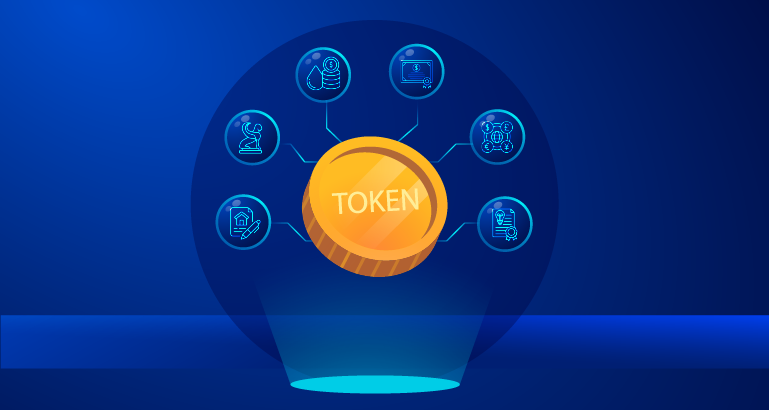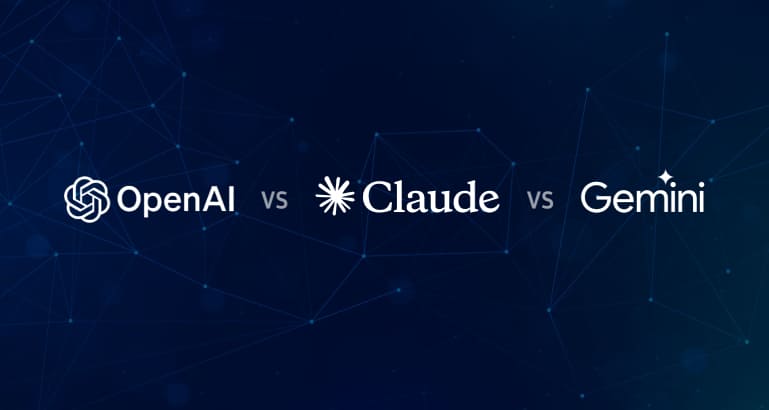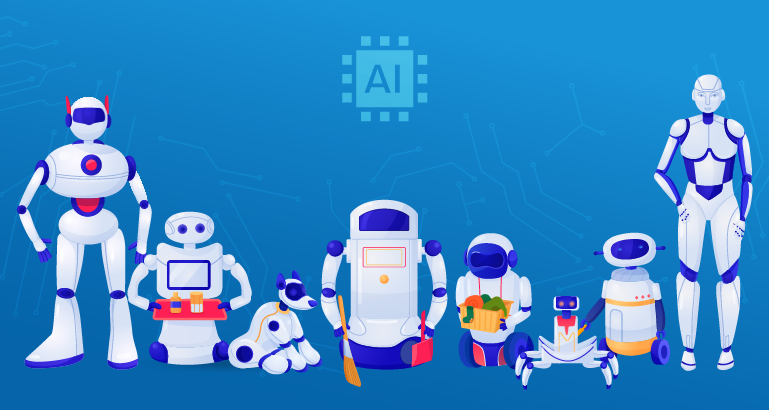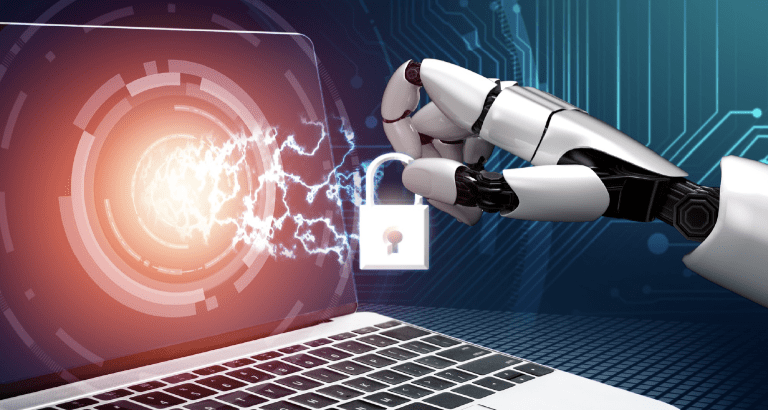Unlocking the Future of Travel with Web3: A Game-changer for Explorers
Introduction
In the rapidly evolving landscape of finance and technology, a groundbreaking innovation has emerged that is poised to reshape the way we invest and manage assets: real-world asset tokenization. This revolutionary concept holds the potential to democratize investing, increase liquidity, and bring previously illiquid assets into the digital age. In this blog post, we will explore real-world asset tokenization, its benefits, and its potential impact on various industries.
Understanding Real-World Asset Tokenization
Real-world asset tokenization is the process of converting ownership rights or assets, such as real estate, art, stocks, and even commodities, into digital tokens on a blockchain or distributed ledger technology (DLT). These tokens represent ownership and are divisible, transferable, and programmable, allowing for a wide range of financial and operational possibilities.
The Tokenization Process
- Asset Selection: The first step is selecting an asset for tokenization. This can be anything from a luxury apartment to a piece of fine art or even a revenue-generating business.
- Legal Framework: Legal agreements are established to define ownership rights, responsibilities, and the governance of the tokens. Compliance with relevant regulations is crucial.
- Token Creation: The asset is divided into tradable tokens. These tokens are then issued and recorded on a blockchain or DLT.
- Marketplace Integration: These tokens can be listed on tokenized asset marketplaces, where investors can buy, sell, and trade them.
- Smart Contracts: Smart contracts are employed to automate certain processes, such as dividend distribution or the execution of conditions set in the token agreement.
Benefits of Real-World Asset Tokenization
1. Increased Liquidity
One of the primary advantages of asset tokenization is the enhanced liquidity it offers. Previously illiquid assets, like real estate, can now be bought and sold in smaller increments, making it easier for investors to enter and exit positions.
2. Fractional Ownership
Tokenization enables fractional ownership, allowing investors to own a portion of high-value assets, diversify their portfolios, and reduce risk.
3. Accessibility
Tokenization democratizes investing by lowering entry barriers. Investors can access a wider range of assets without the need for substantial capital.
4. Transparency and Security
Blockchain technology ensures transparency and immutability of ownership records, reducing fraud and the need for intermediaries.
5. Automation
Smart contracts automate processes like rent collection, dividends, and asset management, reducing administrative overhead.
Potential Impact Across Industries
1. Real Estate
Tokenization opens the door to real estate investments for a broader range of investors. It also simplifies property management through automated rent collection and maintenance processes.
2. Art and Collectibles
Tokenizing art and collectibles can democratize the art market, allowing art lovers to invest in famous artworks or rare collectibles.
3. Startups and Venture Capital
Startups can raise capital by tokenizing equity, providing early-stage investors with more liquidity options.
4. Commodities and Natural Resources
Tokenizing commodities such as gold or oil can streamline trading and increase market participation.
5. Infrastructure Financing
Tokenization can fund large infrastructure projects, offering investors a chance to participate in long-term, revenue-generating assets.
Challenges and Considerations
While real-world asset tokenization offers numerous benefits, it also faces challenges, including regulatory compliance, security concerns, and the need for robust legal frameworks. It's crucial to address these challenges to unlock the full potential of this transformative technology.
Real-world asset tokenization represents a seismic shift in the world of finance and investment, offering a glimpse into a future where traditional barriers to entry and liquidity constraints are a thing of the past. As we stand at the precipice of this transformation, it's essential to recognize the far-reaching implications of this technology.
Conclusion
In the coming years, we can expect to see real-world asset tokenization expand its reach into industries beyond finance and investment. In conclusion, real-world asset tokenization is not just a technological advancement; it is a catalyst for change, offering a more inclusive, efficient, and secure future for finance and investment. As we navigate the complexities of this emerging landscape, one thing remains certain: the potential for innovation and transformation is boundless, and those who embrace this revolution will be at the forefront of the future of finance.
Having delved deeply into blockchain technology and its various applications since its inception, Nu10 possesses a comprehensive understanding of the intricacies involved in tokenizing tangible assets. Feel free to engage with Nu10’s blockchain experts to seamlessly transform your physical assets into digital tokens, free from any limitations or hindrances.
About Author
Dr. Phaneender Aedla
Dr. Phaneender Aedla has over 24 years of experience in handling and managing petabyte-scale data systems. He blends deep technical acumen with strategic vision, and aims to drive intelligent, sustainable innovation through co-creative partnerships that unlock true business value.









